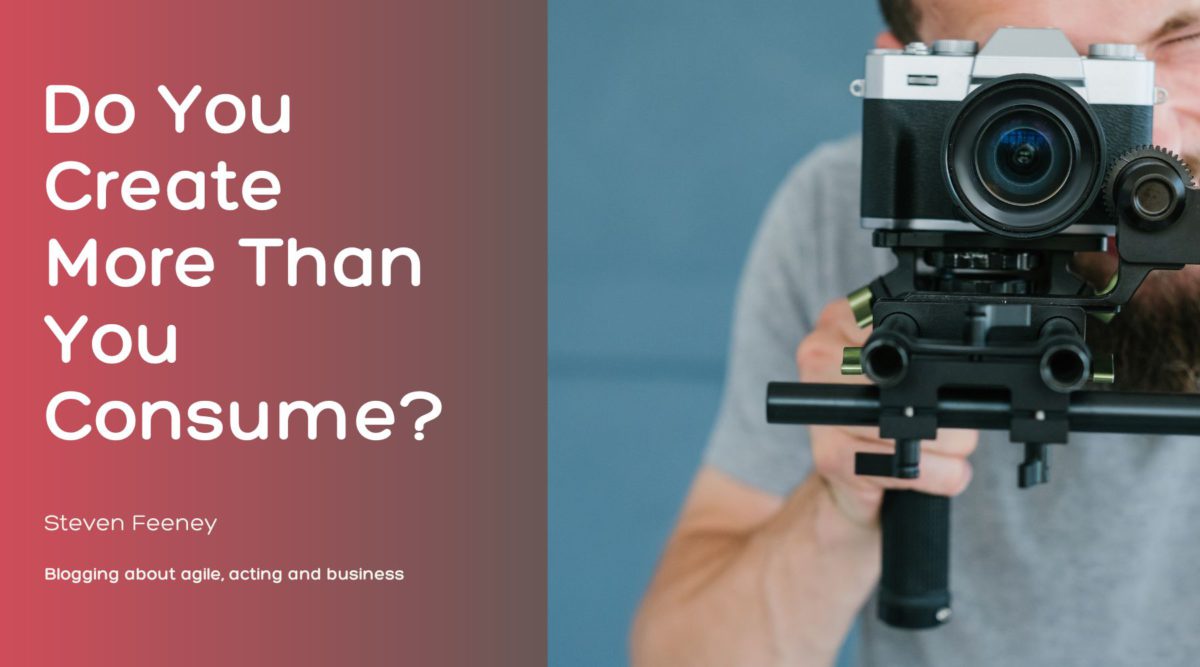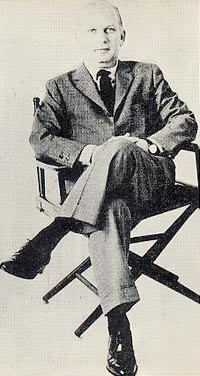A few weeks ago I attended an industry panel for the performing arts. It had 4 professional actors who all spoke candidly about the business of, well, show-business but it also yielded something that I considered to be really valuable for Agile Coaches, Scrum Masters, Product Managers, Project Managers etc.
The panel consisted of 4 attendees including
At some point during the Q&A an audience member asked the question
How do you occupy your time when you are not working between jobs?
This question is highly relevant to actors but may not seem as relevant to the world of business. I mean, how could a question about being an out of work actor apply to feature teams? There may be some tangential aspect as a contractor but the link is not immediately clear.
Each panel member answered; one said that they are learning a musical instrument, another is into health and fitness but then Mona Goodwin said something really interesting.
If you want act, you need to watch actors, so watch everything you can. Watch films and television and theatre. Consume content. Spend time watching Netflix.
Now, far be it from me to disregard a successful actors advice, but as I looked around the room I saw many of the audience members nodding and I began to think that they were misinterpreting the message. Mona was correct but she was working regularly.
The audience, like myself, were all very early in our journeys, and time is the most valuable resource we possess.
That is why in lean startup we always assign the highest value to time.
Finance can be raised, staff can be hired, scope can be cut, customers can be found but you cannot generate time.
The runway is the binary pass-fail metric of the startup.
Monthly Running Costs divided by Money = Runway. Most startups have a runway of 18 months or less; many 1 year or less. The race is always on to validate quickly, raise finance or sales and find product-market fit.
So while it does make sense to use down time as an actor to consume content we should not actually have that much down time.
New actors have so much to do to make inroads into the industry; headshots, auditions, agents, self-marketing, practice, accents, self-taping, training, finding work etc.
This means that the value of consuming is infinitely less than the value of creating. They could be devising new work or applying for grants or starting theatre companies.
Which led me to consider, what is the ratio of your consumption to creation?
It is really easy when you are early in your career to spend a lot of your free time consuming the thoughts and content of others.
Of course you want to read Marty Cagan (as I have) and you will subscribe to Stefan Wolpers newsletter (as I have) and you will buy bundles of ebooks from Humble Bundle and you will build an impressive library of physical books and you will read more content (such as this) on LinkedIn and the content train will never end.
But not all content consumers are created equal.
The most valuable learning experience I had was in those the initial first few years trying to launch tech companies in London (and failing). It was a mini-MBA crammed into a condensed window.
We were pitching, marketing, creating, coding, testing, launching, selling, failing, learning, iterating, networking.
Don’t be so focused on other peoples content that you stop creating your own thing.
Ultimately, everyone else is just a person and they have ideas. So don’t feel that you need to fill your time with thought-leaders.
The difference between a thought leader and a person who thinks for themselves….is the size of the audience.
Really evaluate what your ratio of Creation to Consumption is.
You always learn more from creating (even if you fail) than you do from consuming.
You will definitely reach a point in your career where you stop prefacing sentences with [Industry leader] says this and simply say I think we should do this because it is the right thing to do because of reasons.
Be bold and confident in your thoughts and humble in learnings. Try new ways of working, experiment with new patterns. Literally everything in the Agile space was invented by someone who simply had an idea.
Lastly, you might be wondering; Steve, why did you address this post to Product Managers and Scrum Masters and Agile Coaches etc?
Well, because Developers really have that ratio dialed in. The developer default mentality is to create. It is momentum. That is why we have so many open source projects and accessible git repos around the world.
At any time, 10’s of millions of developers are experimenting or tinkering with code somewhere rather than talking about it or arguing about it or watching someone else do it.
Creation to Consumption Ratio. Have a self-check in and make sure you are getting the most value from your time.


